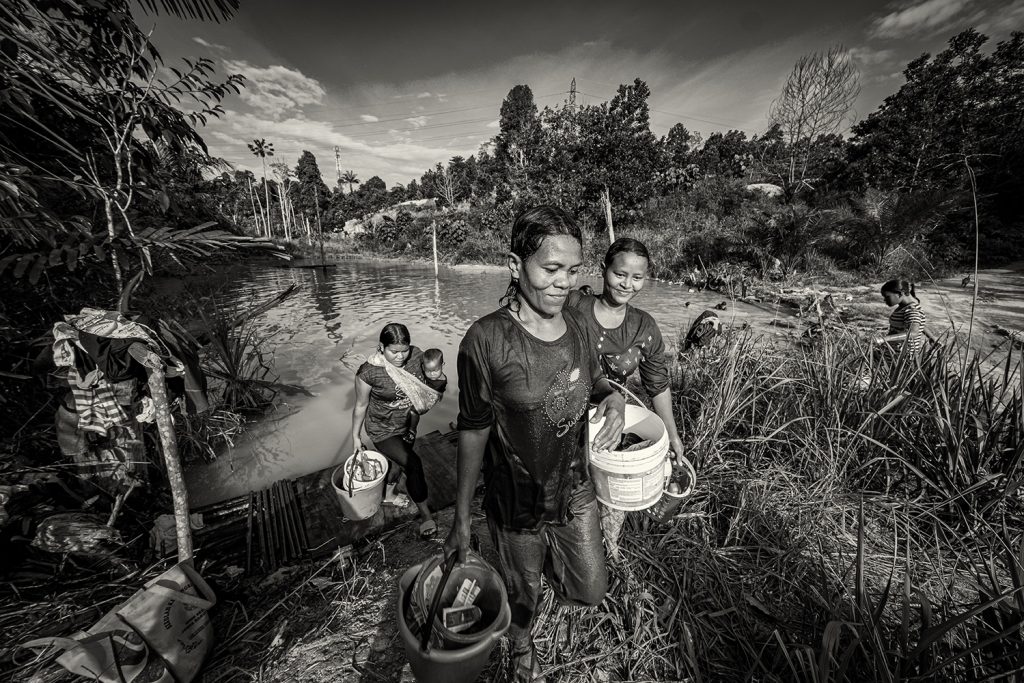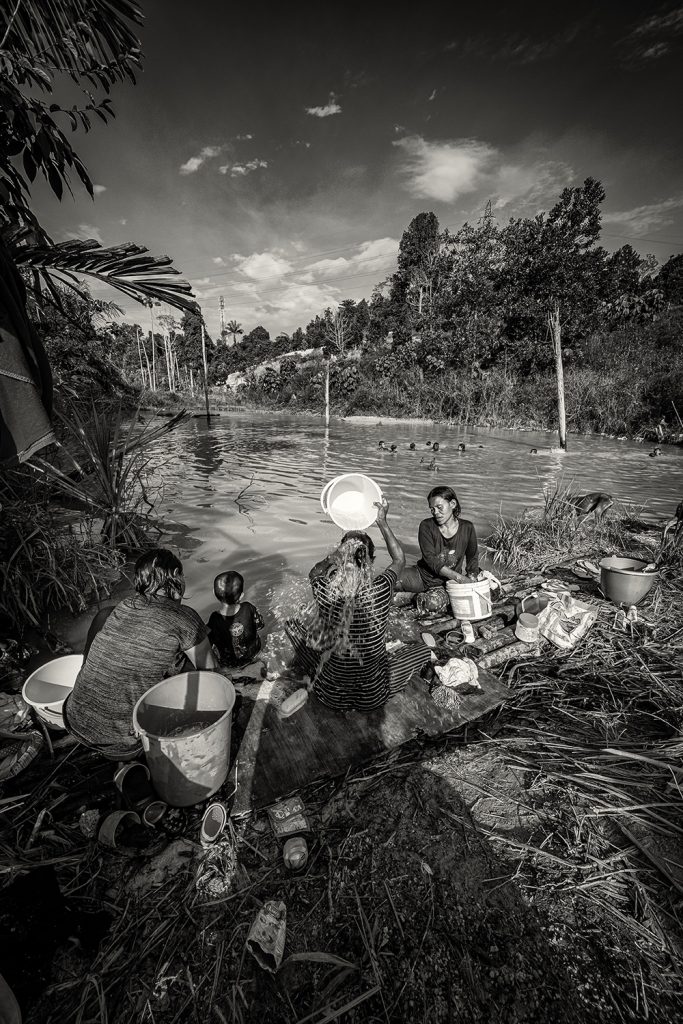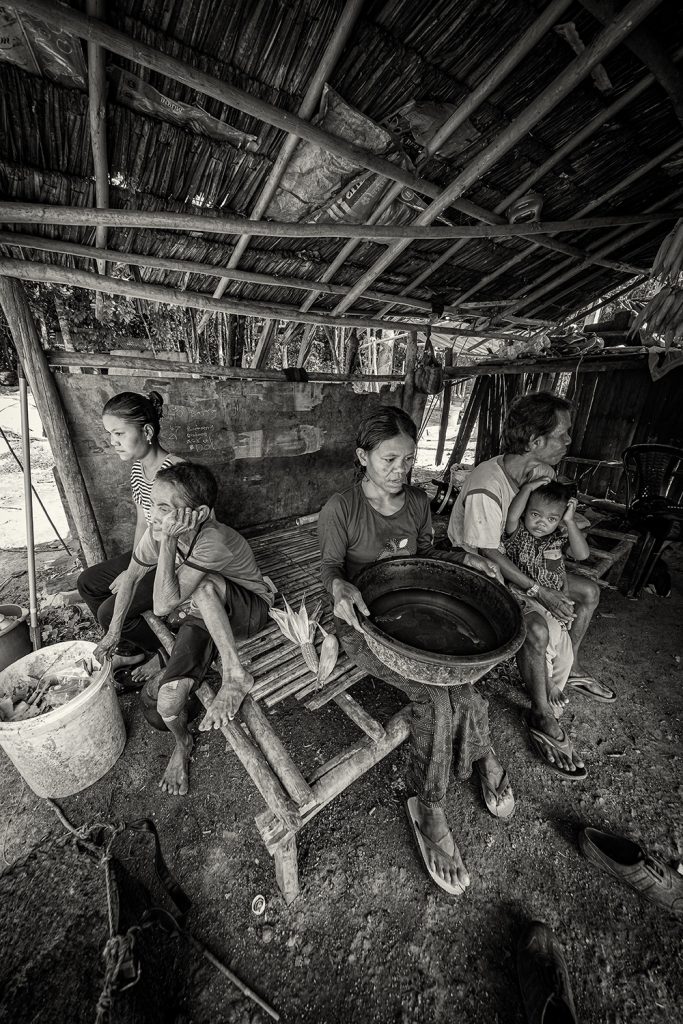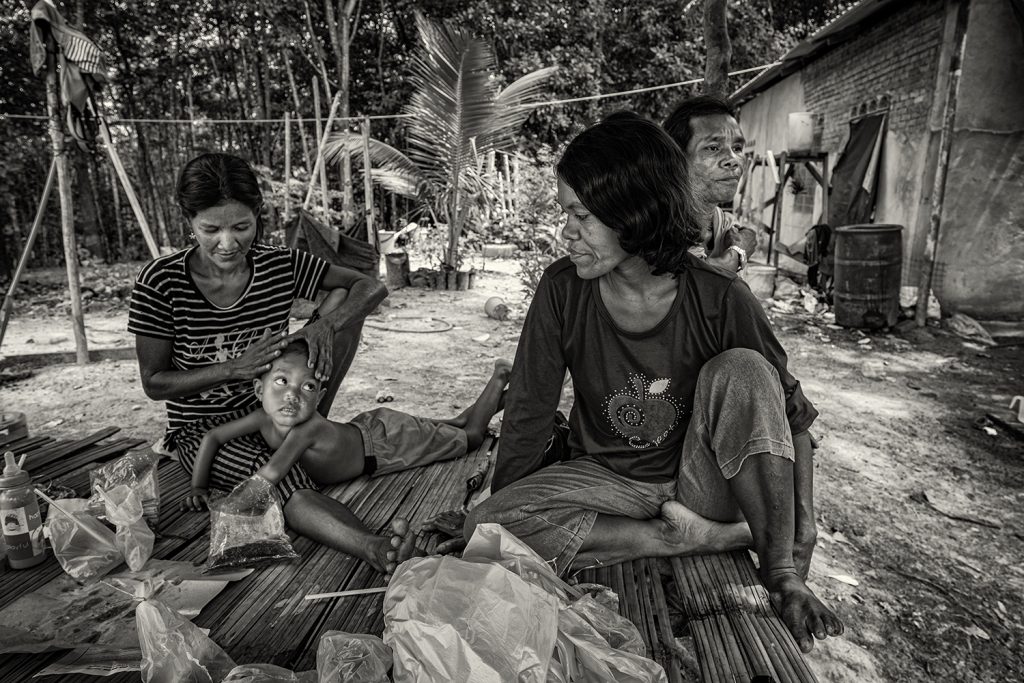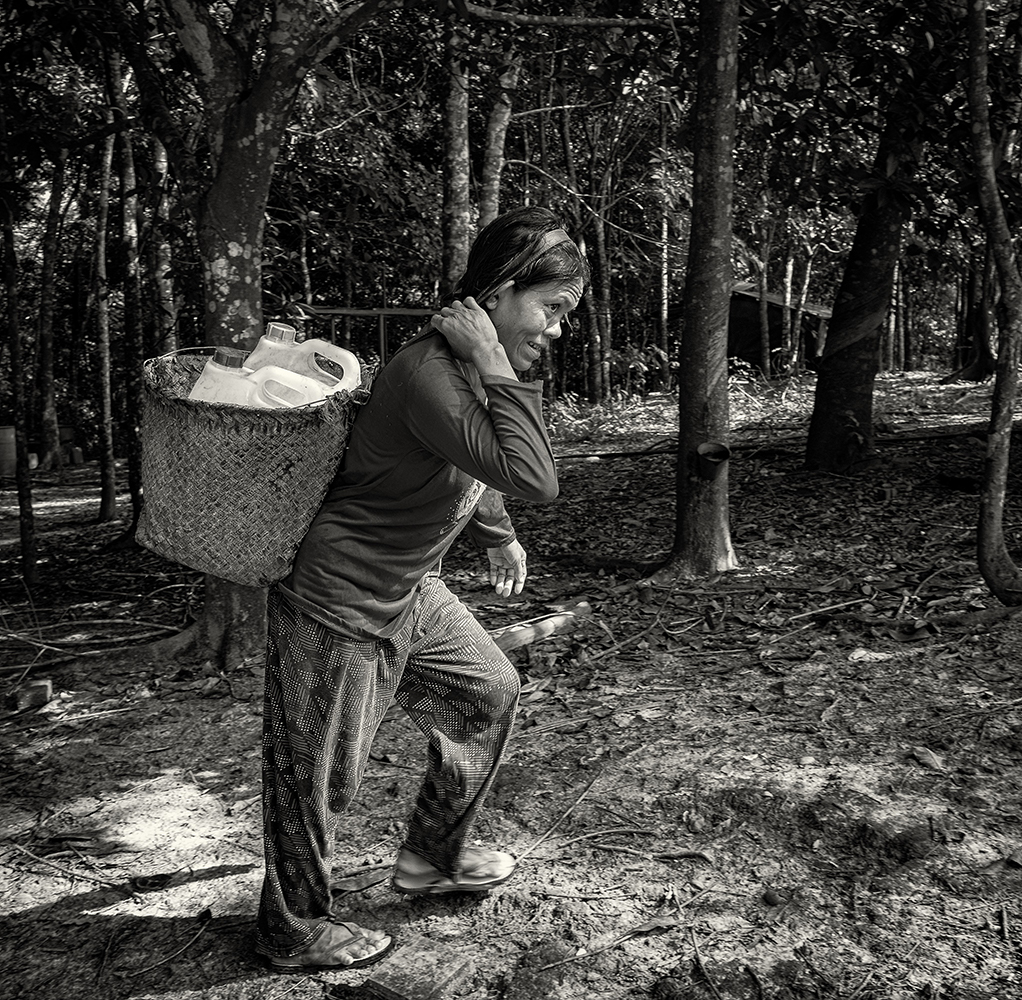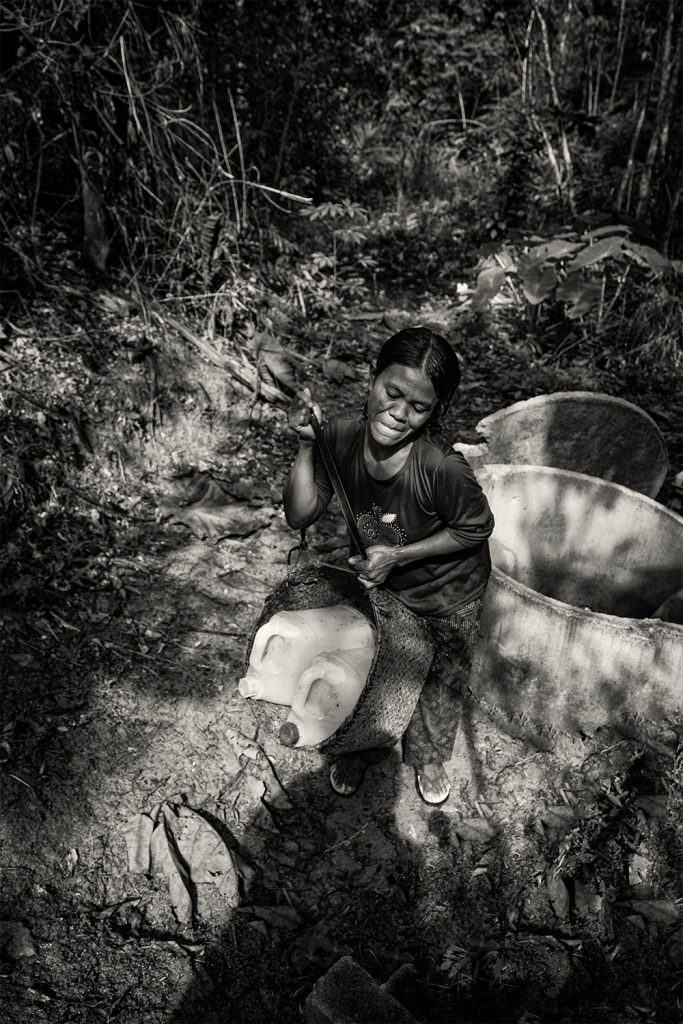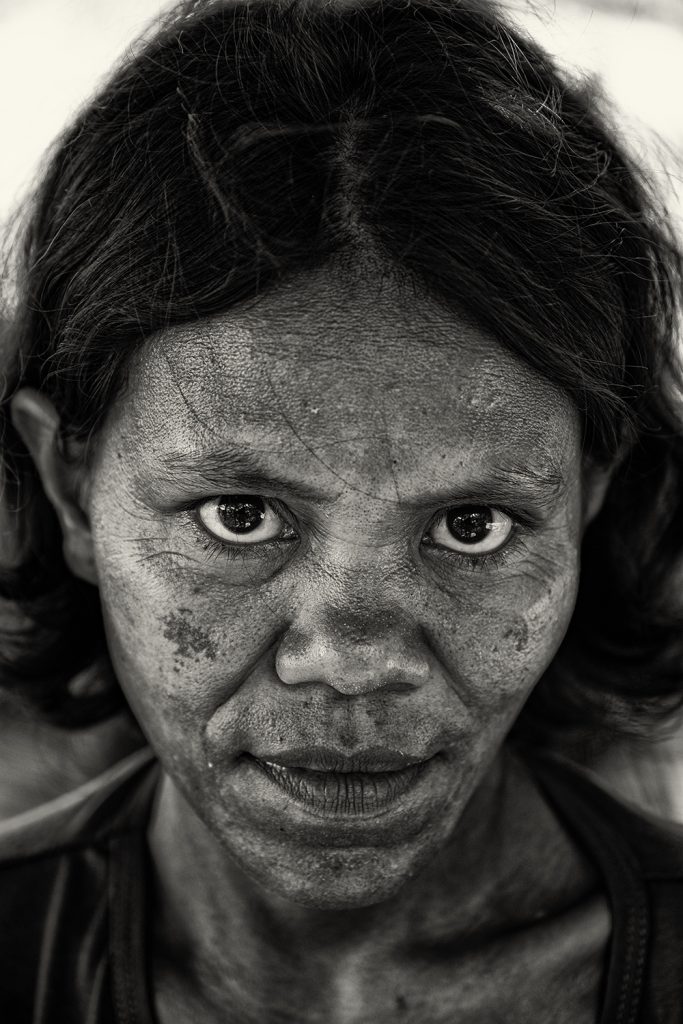
International Day of Rural Women is observed on October 15th every year, a day that brings to the forefront rural women’s important yet uncelebrated role in development – from being caregivers in families, guardians of indigenous knowledge, and workers in agriculture.
“Structural barriers and discriminatory social norms continue to constrain women’s decision-making power and political participation in rural households and communities. Women and girls in rural areas lack equal access to productive resources and assets, public services, such as education and health care, and infrastructure, including water and sanitation, while much of their labour remains invisible and unpaid, even as their workloads become increasingly heavy due to the out-migration of men. Globally, with few exceptions, every gender and development indicator for which data are available reveals that rural women fare worse than rural men and urban women, and that they disproportionately experience poverty, exclusion and the effects of climate change.” – United Nations
This International Day of Rural Women, we would like to share the stories of four Orang Asli (indigenous) women – Diyana, Sabiah, Norisah, and Surayati – to highlight the burden that these women carry and the sacrifices they make for the sake of their children and community.
Diyana: I Want a Better Life for My Daughter
Diyana rests in the shade of her doorway, seeking respite from the stifling midday heat. She rubs her palm over her face, touching skin weathered by a lifetime of hard labour under the unforgiving sun.
Diyana started her day six hours ago at the crack of dawn, the first to wake up in her family. She busies herself by preparing breakfast for her husband and school-going daughter. As soon as they leave for work and school, she picks up her basket with two empty jerry cans and makes her way to the well.
It’s an easy trek, after all it’s downhill and her load is light. It’s the return journey she dreads.
After filling her jerry cans with water, Diyana struggles to lift it up onto her back. A headstrap helps support the basket but she has to bend forward to balance the weight on her back.
Her slippers are now caked with mud, making the walk back more dangerous. She walks slowly as it’s slippery, but also because she now carries an additional 10kg load and has to climb uphill.
By the time she reaches home, she is panting and drenched in sweat. In the evening, she goes to the well again to fetch water. This is a burden that she bears to make sure her family has water to drink and use daily.
“What can I do? I can only accept that this is my life,” shared Diyana. “My only hope is that my daughter can do well in her studies so she doesn’t have to live her life like mine.”
Photography by SC Shekar

